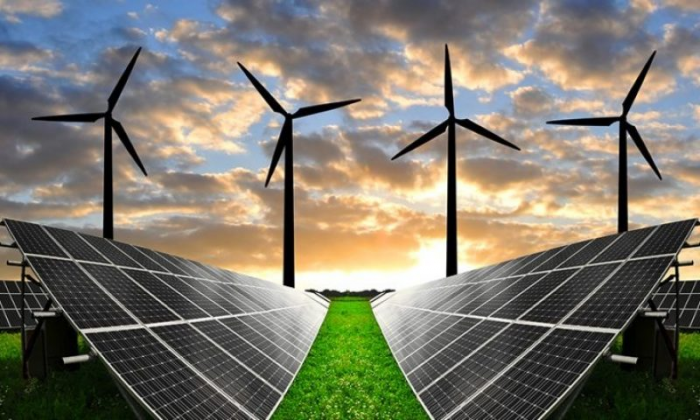Overview
Denmark has for many years supported electricity production from renewable energy sources through various support schemes. In recent years, a shift has been made from technology specific support to a higher degree of technology neutrality and a more marked based approach through e.g., multi-technology tenders. Support for certain technologies has also been phased out recently. This includes biomass, where a premium tariff scheme was phased out in 2019 (but remains for depreciated installations) and biogas, where a scheme including direct grants for end-users was phased out in 2020. Concerning biogas, it was however later decided to introduce a new subsidy tender for biogas and other green gasses in the period 2024-2030. This has not yet been adopted (NECP Denmark, 2019; Climate Agreement 2020).
In the 2018 Energy Agreement the Danish Parliament agreed to aim for a renewable share of total energy consumption of approximately 55% in 2030. This is expected to result in a renewable share in electricity above 100% of consumption by 2030 (NECP Denmark, 2019).
Summary of support system
- Loan (loan guarantees for local projects) - guarantees for loans for local owner associations and initiative groups wishing to establish certain RES installations
- Premium tariff (test wind turbines and depreciated biomass installations) – support through a premium tariff for test wind turbines within and outside national test centres and for depreciated biomass installations. A premium tariff scheme for biomass in general was phased out in 2019.
- Tenders (offshore wind farms) - site- and size-specific tenders for offshore wind farms decided in broad political agreements.
- Tenders (technology neutral) – tenders covering offshore wind established following an unsolicited application procedure, onshore wind, solar PV, wave power and hydroelectric power.
- Net-Metering – exemption from certain public tariffs and electricity tax on the electricity produced and consumed within one hour.
Competent authorities
DEA

